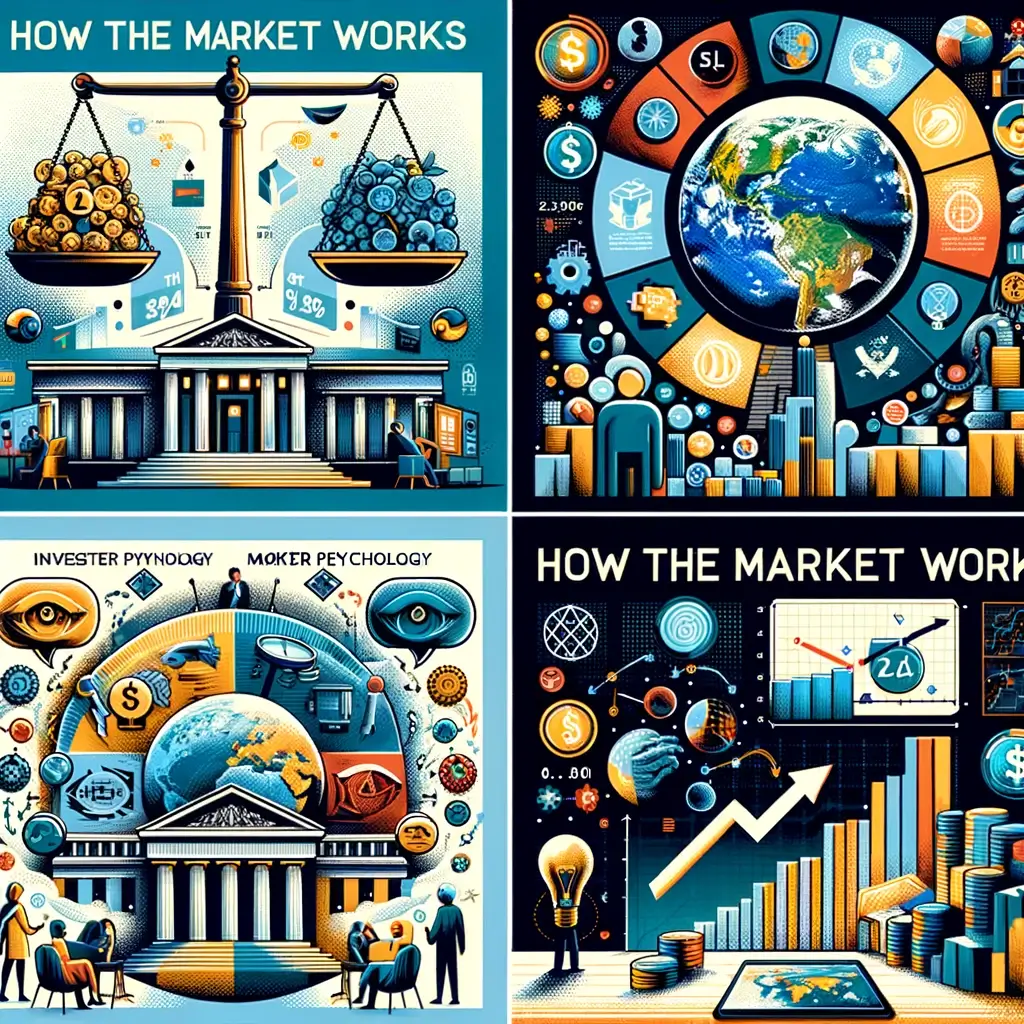Everything comes under financial considerations, from mindful spending to debt repayment on time. Your financial goal should resonate with your lifestyle.
However, most people think that to overcome financial struggles, they have to avoid every entertainment of their lives. Yes! A lifestyle change is required, but that does not mean you will stop living your life. Instead, prominent financial planning is necessary.
An expert solution from the Tax Law Advocates cons ultation process will provide you with better insights to overcome financial challenges. Apart from that, here you will get an overview of how to maintain a lifestyle without going bankrupt.
Table of Contents
Rethinking Your Budget Without Feeling Restricted
Debt management becomes successful when you view your budget as an empowerment tool instead of a restricting system. Strategic budget modifications should replace the total elimination of joyful activities because they enable you to maintain a sustainable life.
You need to monitor your spending habits through a one-month tracking system. The exercise reveals specific spending areas that enable money savings without demanding major lifestyle adjustments. You should limit your restaurant visits instead of stopping them entirely if eating out is your habit. You will save money substantially by preparing meals at home several times weekly without giving up occasional dining-out experiences.
Small expenses through subscriptions, impulse buys, and unnecessary purchases silently reduce your financial resources. Check if the value of each monthly subscription justifies its cost because some subscriptions might be suspended or terminated. The budget structure allows you to keep your lifestyle while achieving financial well-being because it helps you balance essential expenses and personal preferences.
Smart Spending: Prioritizing Value Over Cost
Many people mistakenly believe financial wellness demands selecting the least expensive choices available for savings. Choosing value-based purchases allows you to sustain your lifestyle and practice better financial responsibility. Quality investments that deliver extended durability lead to reduced future costs, thus saving you money.
Take fashion, for example. Invest in fewer premium items that stay stylish for many years rather than acquire several cheap things that are unusable soon. This principle extends to both home necessities and electronic devices and travel arrangements. Your financial health remains stable when you spend thoughtfully because you can maintain your favorite possessions without exhausting your money.
Discounts, cashback programs, and reward point systems help create substantial savings opportunities. People who use bank reward credit cards can get cash-back benefits on their regular purchases and better handle their expenses simultaneously. You can extend your budget while enjoying shopping benefits by using coupon applications, participating in retail loyalty programs, and taking advantage of sales events.
Managing Debt Strategically
Proper debt management leads to financial freedom despite having debt obligations. Develop an active debt repayment strategy that fits your financial situation and lifestyle priorities instead of choosing to ignore your debt or pay small amounts only.
We live in an era where we try to utilize credit cards and facilities not only to achieve our small dreams but also to maintain a good credit score for future loan solutions. This is where we need to be strict with our credit usage. Try to avoid high interest rates as that debt is hard to repay.
Why?
Well, the repayment structure becomes tricky and the value rises quickly.
The IRS Hardship Program and other assistance programs provide debt relief to qualified individuals who struggle with tax debt.
The act of speaking with lenders can improve your financial situation. Creditors enable customers to stabilize their economic situation through flexible payment plans and temporary hardship programs that avoid lifestyle changes. Your success comes from knowing your alternatives and consulting professionals for guidance.
Building Financial Resilience for Long-Term Stability
Financial wellness requires more than debt management because it means developing an enduring system that lets you live well today and protect your future security. Creating an emergency fund protects your financial progress against sudden unexpected costs so you can maintain peace of mind. Putting aside limited funds every month will develop into a financial safety net over time.
Your ability to earn more money serves as an effective method to handle debt and achieve lifestyle objectives. The search for higher income streams through freelancing side businesses and professional development leads to better expense management.
The goal of financial wellness exists in developing routines that enable both present-time enjoyment and future economic stability. You can handle debt effectively while preserving your lifestyle by making educated choices, practicing mindful spending, and seeking help when required.















